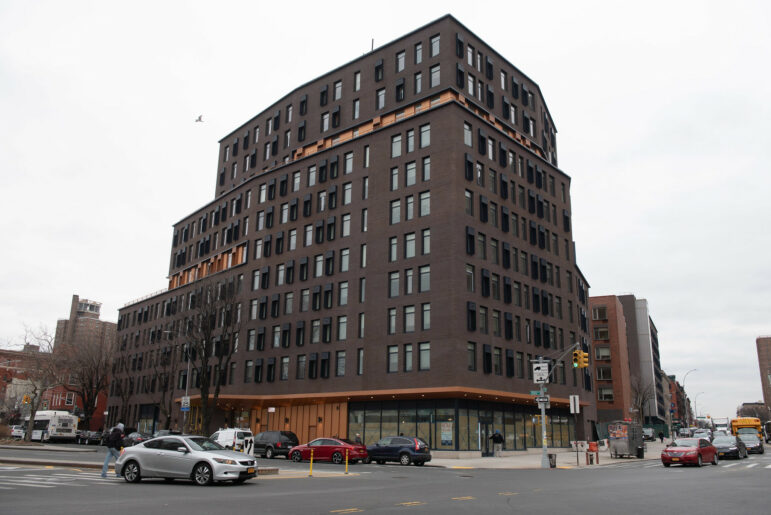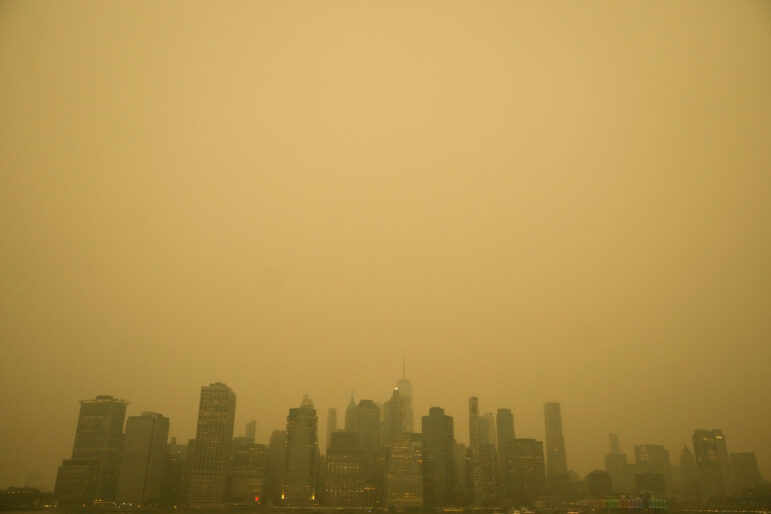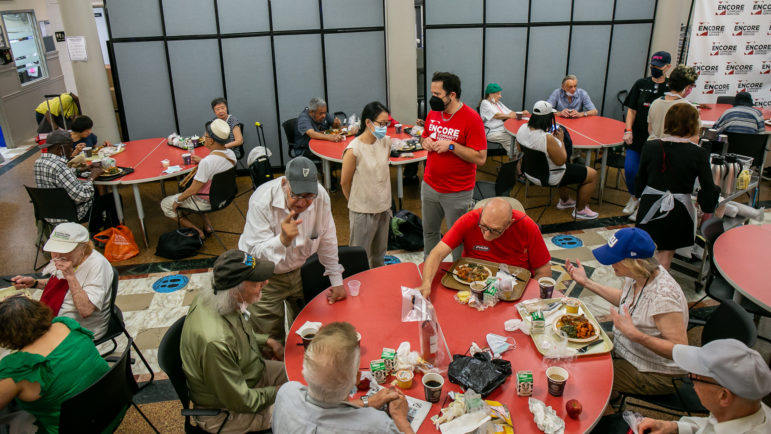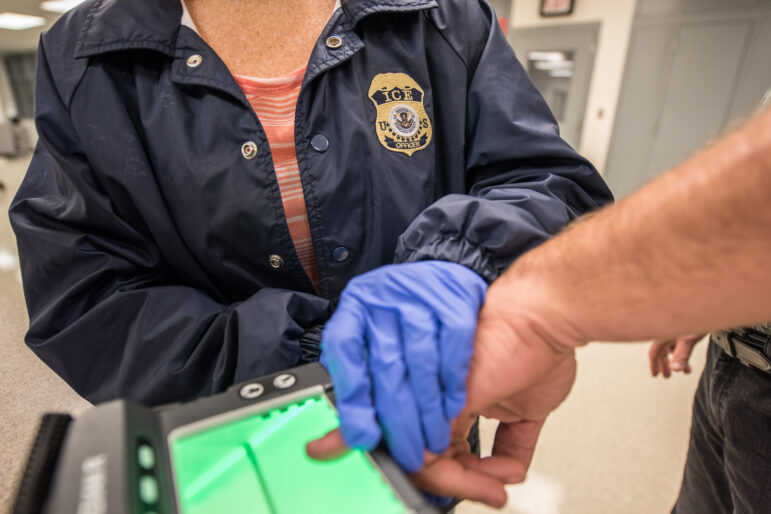In Vietnamese, receiving a public assistance check translates literally into “eating welfare.” In the North Bronx, where organizers say more than 80 percent of Southeast Asian residents receive some form of public assistance, the phrase also symbolizes a need to swallow pride and accept the indignities brought on by welfare reform.
But for the 63 young members of the Southeast Asian Leadership Project, it means standing up to welfare reform. Eating Welfare: Asians and Welfare in New York City is the title of an 80-minute documentary by and about young Asian people in the Fordham and University Heights sections of the Bronx. After two screenings in New York City this spring, they plan to go on tour with it to Boston, Philadelphia, Oakland and Washington, D.C.
For eight months, the young organizers trailed their parents, a borrowed camera in hand, to welfare centers and to workfare sites. By capturing their mothers and fathers on film as they swept parks and picked up garbage, they hope to show people the daily realities of families living in poverty. “We want to contribute to the voices that are talking about the failures of welfare reform,” says Eric Tang, program director for the Committee Against Anti-Asian Violence, which sponsors the youth project.
The film’s underexposed shots, held in the frame of an unsteady camera, take viewers on the roller coaster ride of living in poverty in New York: Mao Nang, mother to 18-year-old Borey Heam, wipes her tears as she recalls losing welfare support without an interpreter on hand at the job center to help her. (Her case has since been reopened, and she cleans a local park to remain eligible.) Rorth (last name withheld), a high school senior from Cambodia, filmed the apartment she shares with her parents and six siblings. To put food on the table, the family spends 12 hours a day making hair accessories that they sell to garment companies for 7 cents apiece. Their sewing machine sits a few feet from the sink in the kitchen, and the assembly line forms in the unfurnished living room. “What I’m trying to show people is that we are hardworking,” she says. “My parents stay up 12 hours making bows.”
Most of the young people in the film have long served as unofficial caseworkers and advocates for their parents. Narim Prum, a Cambodian immigrant via the refugee camps in Thailand, missed countless days of classes while serving as a translator for his father at a welfare office. Although the high school junior’s own knowledge of Cambodian was not always good enough to explain technical phrases from English, caseworkers never offered an interpreter.
But shooting the film inspired them to do something most families on welfare don’t do: Stand up to welfare authorities. The first time the teens took their cameras in to a welfare office, security guards threatened to call the police. Holding them in the office for about an hour and half, they demanded that the young videographers give up their tape. “We said, ‘No way,’” says Tang. In the end, they just walked out. “Most young people are not taken seriously,” Tang adds. “This video gives them more leverage to be taken seriously as spokespeople for their communities.”
To obtain a copy of Eating Welfare: Asians and Welfare in New York City, call 212-473-6485.








